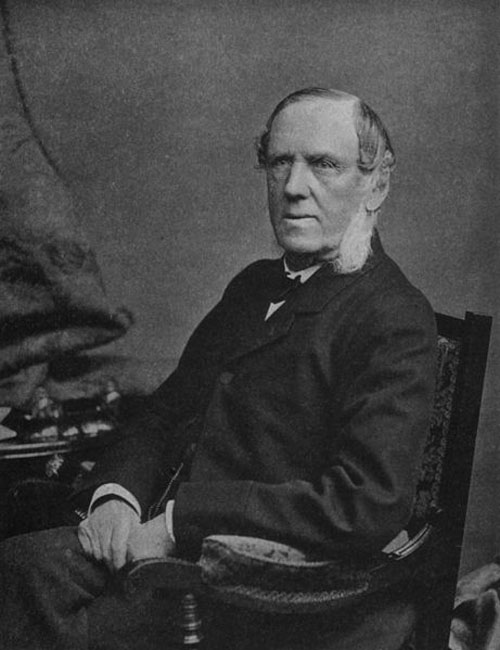Out of Birmingham: George Dixon
Review

Out of Birmingham: George Dixon (1820-98), Father of Free Education, James Dixon, Brewin Books, 2013, 264p [hardback and paperback].
James Dixon is to be congratulated on the tenacity with which he pursued every scrap of evidence to produce this life of his ancestor, George Dixon. From Yorkshire to Australasia, James has left no stone unturned in a tenacious attempt to compensate for the loss of family and business records destroyed by bombing in 1941. The Dixon brothers, Abraham and George, took over the Birmingham merchant firm of Rabone Bros and profited hugely from the marketing of everything from guns to railway equipment. Abraham, the elder, was able to retire to Surrey in 1871 and to build a house, Checkley, which was later sold to Lord Beaverbrook and today is the subject of a well-publicised planning dispute. George, by contrast, was content to remain in Birmingham, bringing up his family of wife May and six children in a spacious house, ‘the Dales', in Augustus Road, Edgbaston. From there he was strategically placed to play a leading part in both the economy and the politics of Birmingham. James Dixon aptly describes him as ‘the Third Man', his status in the city inferior only to that of John Bright and Joe Chamberlain.
Dixon was Mayor of Birmingham from 1866-7, MP for Birmingham from 1867 to 1876 and again from 1885 to 1898. His greatest contribution, especially in his adopted city but also nationally, was to the advancement of education and it is this theme which furnishes the spine of this biography. Founder of the Birmingham Education Society in 1867 and the National Education League in 1869, of which he became the Parliamentary spokesman, he fought hard for the improvements to William Forster's seminal Education Act of 1870, demanded by the League, and especially the abolition of fees. In Birmingham he became the leading figure on the School Board, which was not infrequently a hotbed of sectarian conflict. George, an Anglican, transcended sectarian rivalries and earned the trust of all groups. Rightly, he was described as ‘the most popular man in Birmingham', his friendships transcending both religious and political divisions. He did not always find it easy to reconcile his differences with Joe Chamberlain, but followed him from Liberalism into Liberal Unionism. He was made a Freeman of the City of Birmingham shortly before his death in 1898. His monuments are scattered all over the city, not the least being the school bearing his name in Edgbaston. A biography of George Dixon has long been overdue, as Asa Briggs writes in the Introduction. This one will not be bettered.

